When it comes to hauling debris, soil, or construction materials, a dump trailer can be an invaluable asset for both homeowners and contractors. However, one of the primary concerns for anyone looking to rent one is the cost. This comprehensive guide will delve deeply into the factors influencing dump trailer rental costs, how to choose the right dump trailer, and additional considerations when renting.
What Influences the Cost of Renting a Dump Trailer?
The rental price of a dump trailer can vary significantly based on several factors. Understanding these elements can help you maximize your budget while ensuring you get the equipment that suits your needs.
1. Size of the Dump Trailer
Dump trailers come in various sizes, typically ranging from 5 to 14 feet in length.
| Size (Feet) | Estimated Rental Cost (Per Day) | Ideal For |
|---|---|---|
| 5 – 6 | $40 – $80 | Small home projects, yard waste |
| 7 – 10 | $70 – $100 | Medium construction jobs, landscaping |
| 11 – 14 | $100 – $150 | Large scale construction, moving soil or debris |
Choosing the right size not only affects the rental cost but also the efficiency of your project. Always match the trailer size to the job requirements to avoid unnecessary charges or inefficiencies.

2. Type of Dump Trailer
The type of dump trailer can impact the rental price. Common types include:
- Standard Dump Trailers: Basic functionality and best for general hauling.
- Heavy-Duty Dump Trailers: Built for transporting heavier loads, typically at a higher rental cost.
- Specialized Dump Trailers: Such as landscape dump trailers, which often come at a premium due to their specialized features.
3. Duration of Rental
Most companies offer daily, weekly, or monthly rental options. Rates can differ widely based on the duration of the rental.
| Duration | Estimated Cost Range |
|---|---|
| Daily | $40 – $150 |
| Weekly | $250 – $800 |
| Monthly | $600 – $2,500 |
While a daily rental might seem cost-effective for short-term projects, longer-term rentals can often provide significant savings.
4. Location
Rental costs can be affected by regional demand and availability. In urban areas with high construction activity, prices might be inflated, while rural areas might offer more competitive rates.

5. Company Policies and Fees
- Delivery and Pickup Fees: Some companies charge additional fees for transporting the trailer to and from the site.
- Insurance Requirements: Depending on the rental company, you might need to purchase insurance, adding to the total cost.
- Deposit: Many providers require a deposit that may be refunded post-rental if the equipment is returned in good condition.
Be sure to read the fine print on rental agreements to avoid unexpected costs.
How to Determine Your Dump Trailer Needs
Before renting, it’s crucial to assess your specific requirements.
1. Assess the Load Type
Identifying the type of materials you need to haul will help you determine the required trailer capacity.
- Light Materials: Yard waste, soil, and debris can often fit in smaller trailers (5 – 7 feet).
- Heavy Materials: If you’re hauling construction materials like concrete or bricks, you’ll likely need a larger, heavy-duty trailer (10 feet or more).

2. Estimate the Total Weight
Each trailer has a maximum weight limit, often referred to as payload capacity. Typical capacities range from 3,000 to 14,000 pounds. Exceeding this limit could result in overage charges or safety risks. Always be mindful of these restrictions.
3. Consider Access and Maneuverability
Your rental site will also dictate the size of the dump trailer you should consider. If you need to navigate tight spaces or steep inclines, a smaller trailer may be more manageable.
4. Evaluate Your Time Frame
Are you planning a single-day project, or do you need the trailer for an extended period? Understanding your timeline will significantly influence your rental strategy.
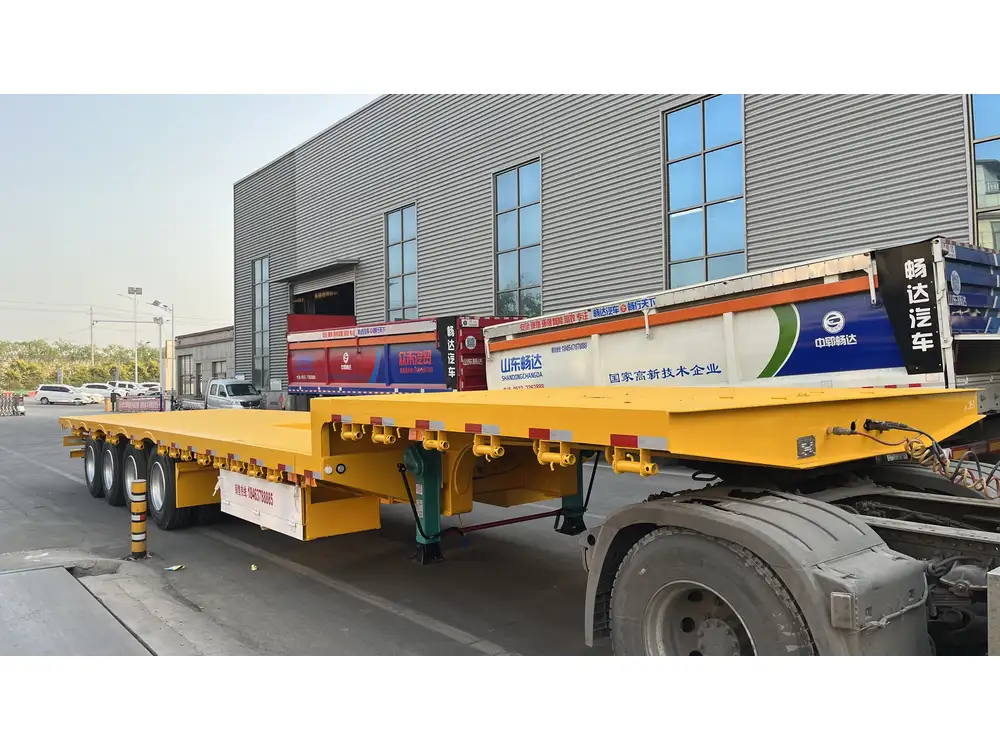
Rental Process: How to Rent a Dump Trailer
Renting a dump trailer doesn’t have to be a complicated process. Follow these structured steps:
Step 1: Research Local Rental Companies
Start by gathering a list of local rental providers. Compare:
- Rental Costs
- Fleet Availability
- Customer Reviews
Step 2: Verify Equipment Condition
Always assess the trailer’s condition before signing a rental agreement. Look for:
- Visible Damage: Dents, cracks, or rust.
- Functionality: Ensure the dump mechanism works correctly.
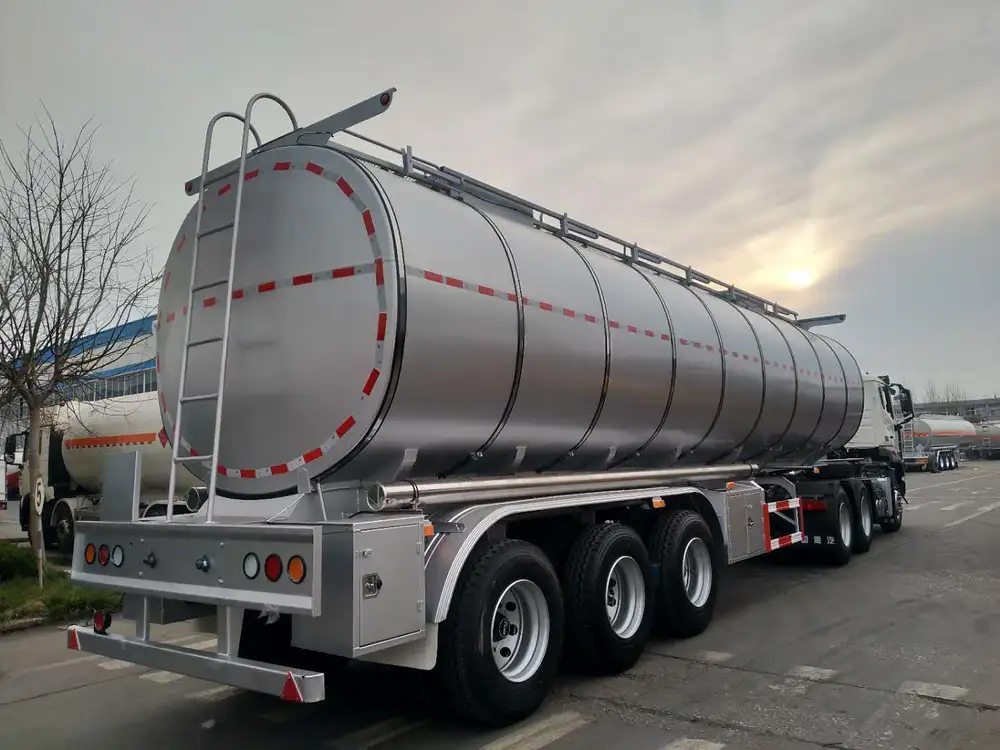
Step 3: Inquire About Discounts
Many rental companies provide special discounts for long-term rentals or repeat customers. Don’t hesitate to ask about possible deals.
Step 4: Review the Rental Agreement
Make sure you understand all terms regarding insurance, liabilities, late fees, and fuel requirements.
Step 5: Schedule Delivery or Pickup
Some companies can deliver the trailer to your job site, while others may require you to pick it up. Choose the option that best suits your needs.
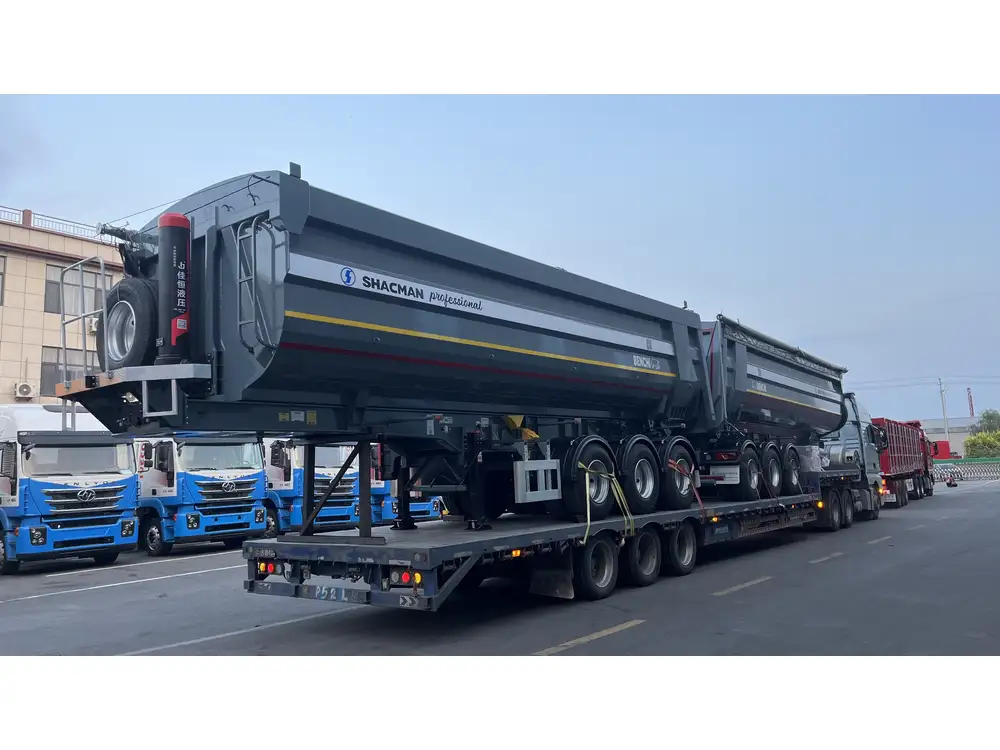
Tips for Using a Dump Trailer Effectively
Once you’ve secured a dump trailer, it’s essential to use it effectively to maximize efficiency and safety.
1. Load Safely and Evenly
Distribute weight evenly across the trailer to prevent swaying and ensure better handling. Overloading one side can lead to an accident or damage to the vehicle.
2. Secure the Load
Utilize tarps or covers to secure loose materials, which not only prevents loss but is often required by law during transit.
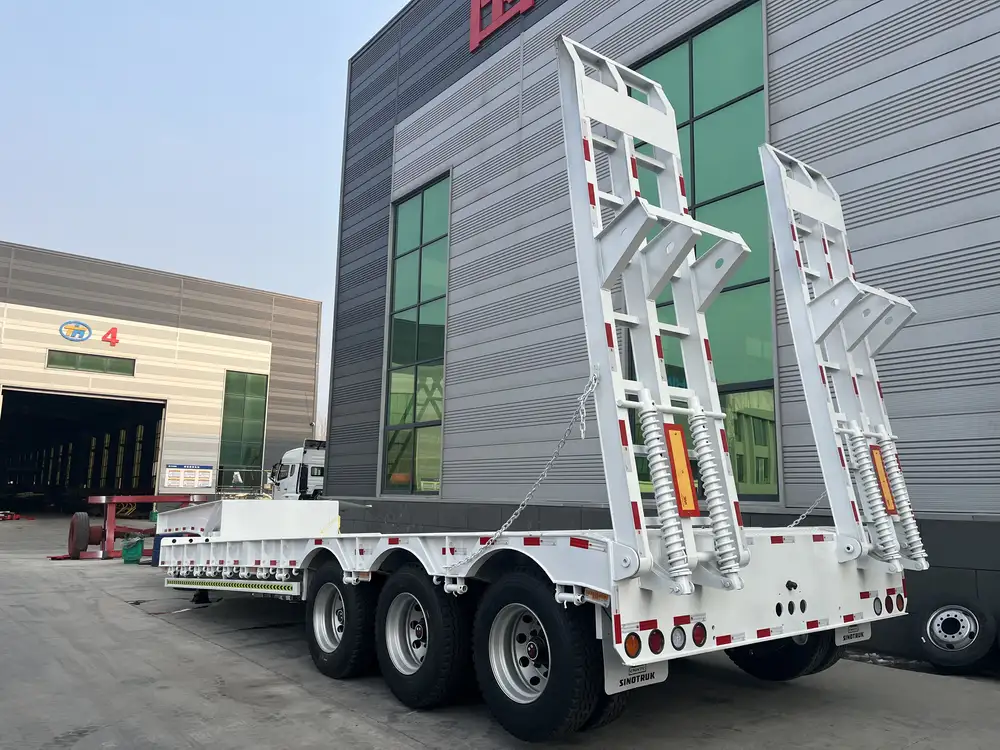
3. Follow Local Regulations
Be informed about local laws regarding dumping materials, especially hazardous waste. Violating these regulations can lead to fines and penalties.
4. Return On Time
Avoid late fees by planning your project timeline carefully and returning the trailer on the agreed date.
Addressing Common FAQs About Renting a Dump Trailer

Q1: Can I rent a dump trailer without a truck?
Renting a dump trailer typically requires a suitable towing vehicle. Ensure your truck meets the specifications needed to tow the trailer safely.
Q2: How do I know what size dump trailer I need?
A good rule of thumb is to calculate the volume of the material you need to haul. It’s often better to err on the side of a slightly larger trailer to avoid overloading.
Q3: Are there any hidden costs when renting a dump trailer?
Potential hidden costs can arise from delivery fees, fuel charges, extended rental fees, or damage waivers. Always read the rental agreement thoroughly to identify these.
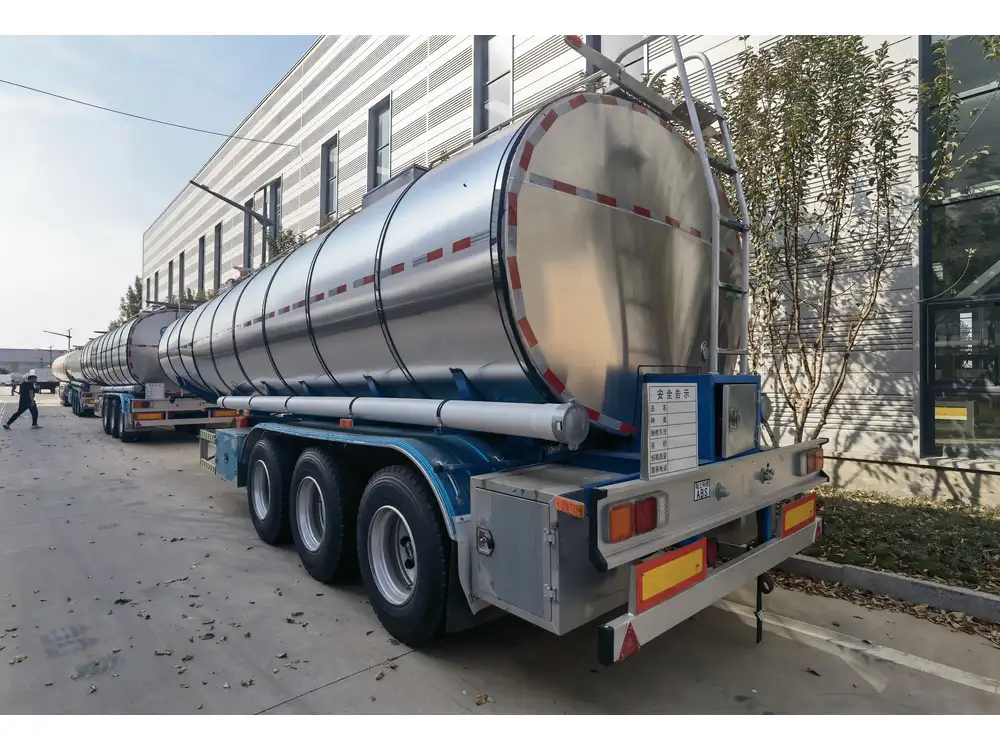
Q4: What should I do if the dump trailer is damaged while in my possession?
Document the damage immediately with photos and notify the rental company as per the guidance specified in your rental agreement.
Q5: Is it better to rent or buy a dump trailer?
If you require a trailer for a one-time or infrequent project, renting is usually more cost-effective. However, if you consistently need a dump trailer, purchasing could provide long-term savings.
Conclusion: Making the Best Decision for Your Project
Renting a dump trailer can significantly streamline your hauling tasks, but it’s essential to understand the various factors that impact costs. From understanding different trailer sizes and types to estimating loads and assessing your timeline, being well-informed will enhance your decision-making process.
By following the guidelines laid out in this article, you will be better equipped to navigate the rental market, efficiently utilize your trailer, and ensure a seamless project. Investing time in understanding your needs and making informed choices will lead to optimal outcomes for any hauling project you undertake.



